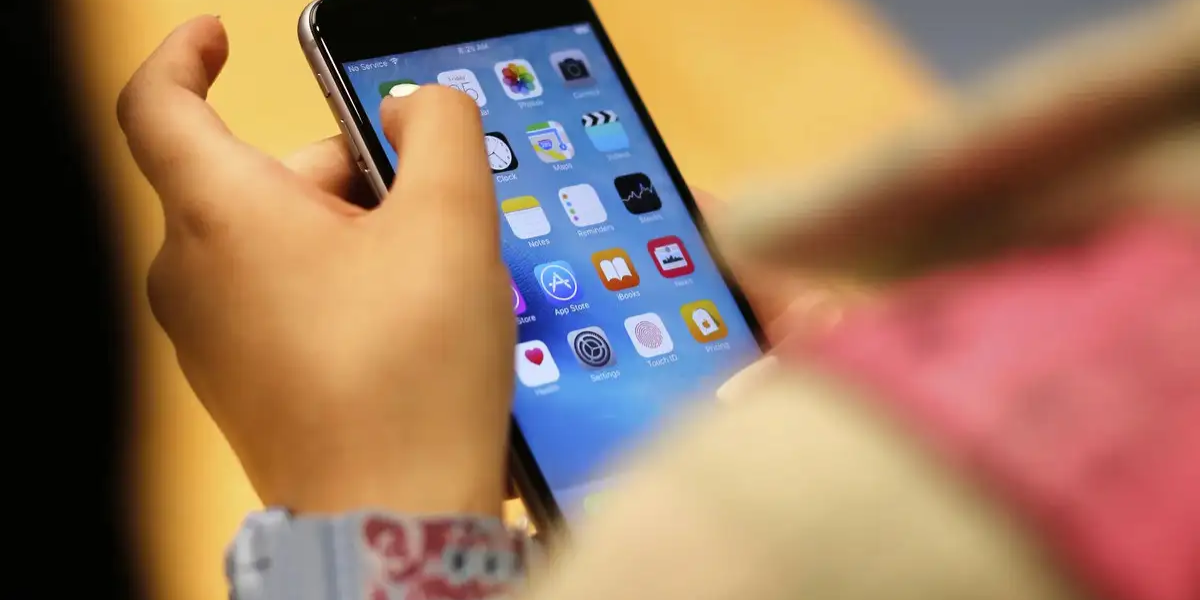Texas lawmakers missed a key vote on Thursday that would have made the law one of the toughest in the country to keep kids off of sites like TikTok, Snapchat, and Instagram. As a result, the movement to ban social media accounts for kids younger than 18 in Texas died down.
Florida already has a law that says kids younger than 14 can’t use social media. This bill goes further, and it has already passed the GOP-controlled state House. In Australia, it was illegal for people younger than 16 to use social media.
But because lawmakers have until the weekend to send laws to Republican Governor Greg Abbott, the Texas measure’s initial progress was stopped at the last minute in the state Senate.
Tech trade groups were against the planned ban, and Abbott has not said in public if he agreed with it. The ban was slammed for limiting free speech in a way that is not allowed by the Constitution.
Democratic state rep. Jared Patterson said on Wednesday, “This bill was the best way to protect children in this state.”
Monday is the last day of the legislative session. This makes it less likely that the plan will go through. If it does, it would be another test of the state’s efforts to control kids’ access to social media.
A lot of tech companies have set up shop in Texas, including Elon Musk’s X.
Abbott passed a separate law earlier this week that requires Apple and Google to check the age of app store users and get permission from parents before letting kids under 18 download apps and buy things inside apps. A bill like this was passed in Utah earlier this year.
The planned Texas ban on social media for kids is the next step in a growing bipartisan movement across the country to protect kids from the harmful effects of social media.
People say that platforms don’t do enough to stop violent or inappropriate material, online abuse, and the use of addicting features to keep kids on their websites.
A study from the Pew Research Center in December 2024 found that almost half of American teens say they are online “constantly,” even though they are worried about how social media and cell phones are affecting their mental health.
The American Psychological Association says that social media sites are “particularly risky” for teens and young adults who have trouble controlling their impulses and can’t disconnect from them. The association has asked lawmakers and tech companies to protect kids’ mental health.
To deal with the problem, different countries and states have passed different kinds of rules, some of which have run into legal problems.
In 2024, a federal judge briefly put a hold on Utah’s groundbreaking law that required social media companies to check the ages of all users and delete accounts of minors.
California is home to some of the biggest internet companies in the world. Starting in 2027, it will be illegal for social media companies to give kids addictive feeds without their parents’ permission.
Additionally, parents in New York State can choose not to let their kids see social media posts that are suggested by a program.
“This article was written by Mathew Owen. AI tools were used lightly for grammar and formatting, but the ideas, words, and edits are all mine.”


 by
by 

